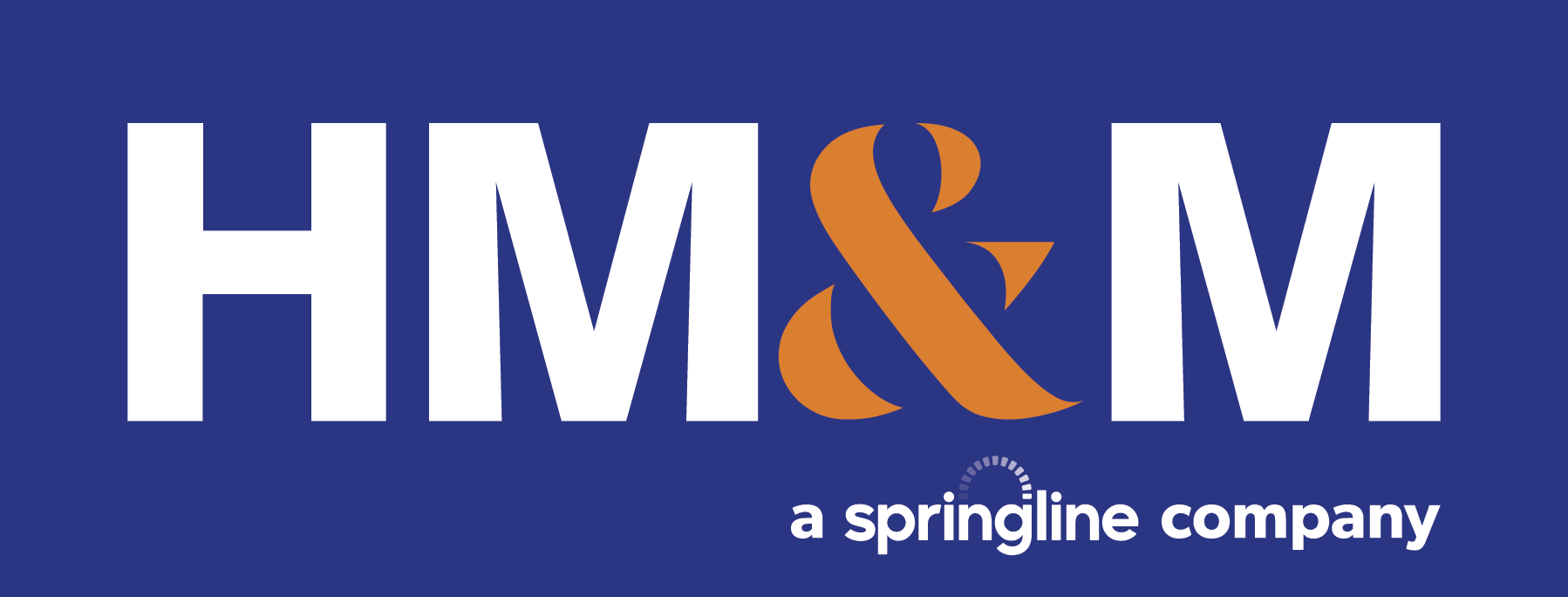What could happen if you don’t file your taxes?
If you’re required to file a tax return but don’t, the IRS might step in and file one for you. That’s rarely in your favor. This is called a Substitute for Return (SFR). It usually means the IRS has received some income-related info about you, such as a W-2 from your job or a 1099-INT from your bank, and they’re using that to estimate your taxes.
Before filing an SFR, the IRS will generally try to contact you and encourage you to file the return yourself. But if you don’t respond or file by the extended due date, they might go ahead and prepare the return on your behalf. The catch? An SFR doesn’t include any deductions, credits or exemptions you might qualify for, which can lead to a much higher tax bill.
If you receive a Notice of Deficiency (CP3219N) with the above-mentioned proposed tax bill, don’t ignore it. Contact us with questions.
You received an inheritance … is it taxable?
Heirs don’t have to report inheritances to the IRS. However, an estate’s executor must file a final income tax return for the deceased person and, if the estate is large enough, must file an estate tax return and pay estate taxes.
If assets produce dividends, interest or other income after you inherit them, that income is usually subject to income tax and must be reported. If you sell an inherited asset, you’ll also generally owe tax on any gains – but only to the extent attributable to appreciation after you inherited the asset. Also, several states (currently Iowa, Kentucky, Maryland, Nebraska, New Jersey and Pennsylvania) impose an inheritance tax that is paid by the heirs, not the estate. Contact us if you’ve received an inheritance and have tax questions.
Are you considering hiring your offspring?
Hiring your child to work in your business could mean tax breaks for both of you. Owners of certain noncorporate entities can hire their under-age-18 children as full- or part-time employees, and the children’s wages will be exempt from the following federal payroll taxes: Social Security tax, Medicare tax and federal unemployment tax (the federal unemployment tax exemption applies to those under age 21). Payments for services of your child are still subject to income tax withholding, regardless of age or entity type.
In addition, your dependent employee-child’s standard deduction can shield from federal income tax up to $15,750 of 2025 wages. You’ll get a business tax deduction for the child-employee’s wages, which will reduce your income taxes and your self-employment taxes.
Hiring your child can be a tax-smart move, but the pay must be reasonable for the work performed. Also, maintain the same records (such as timesheets and job descriptions) as you would for other employees to substantiate the hours worked and duties performed. Issue your child a Form W-2. Contact us with questions about how these rules apply to your situation.
Latest News
On June 9, the IRS released Announcement 2022-13, which modifies Notice 2022-3, by revising the optional standard mileage ...
At the tail end of 2021, the Internal Revenue Service (IRS) released new Schedules K-2 and K-3 effective ...
This information is current as of Sunday, November 21, 2021. On Friday, November 19, 2021, after the Congressional ...
HM&M Updates
Dallas, TX – Aug. 7, 2024 – HM&M, a Springline company (HM&M), a leading CPA firm with four ...
DALLAS, Dec. 11, 2024 – Springline Advisory, a trailblazing financial and business advisory firm, is proud to announce its partnership ...
Last month, Senior Manager, Pearl Balsara was invited to speak at the 2023 FPA DFW Annual Conference in ...










